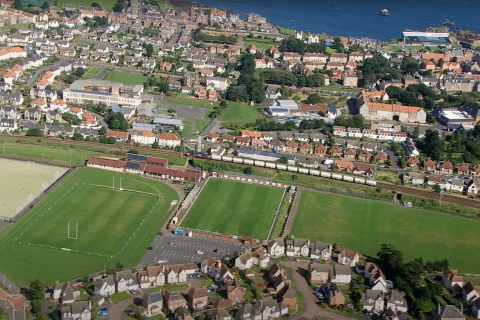New research into the construction of the Iron Rhine

The Netherlands is participating in a new study about the feasibility of a new train connection from Antwerp to the German Ruhr area. Belgian media report that the study is carried out jointly with Germany and Belgium. Previously, the Netherlands was not in favour of reopening the so-called Iron Rhine because the old route runs through a nature reserve.
A route via Venlo could not count on much support from Dutch politicians either, partly due to lobbying by the port of Rotterdam. The fact that a new cost-benefit study is to be carried out after all has to do with some issues that were not yet in play five years ago. For instance, the transportation of nitrogen and the new environmental requirements make rail freight transport more interesting. On top of freight transport, the parties also need to consider whether the new line can be used for passenger transport.
Sceptical steps
Sources around the study speak about a “cautious opening” from the Dutch side. That is because the route’s section through the Netherlands used to pass via a very fragile ecosystem.
Specifically, the real Iron Rhine connected the port of Antwerp with the German Ruhr region since the nineteenth century and was allowed to cut a section through Dutch territory. However, it fell into disuse as early as 1992 because the residents of the Dutch Limburg province wanted to protect the Meinweg National Park with its lush forests, wild boars and croaking garlic toads.
You just read one of our premium articles free of charge
Want full access? Take advantage of our exclusive offer





